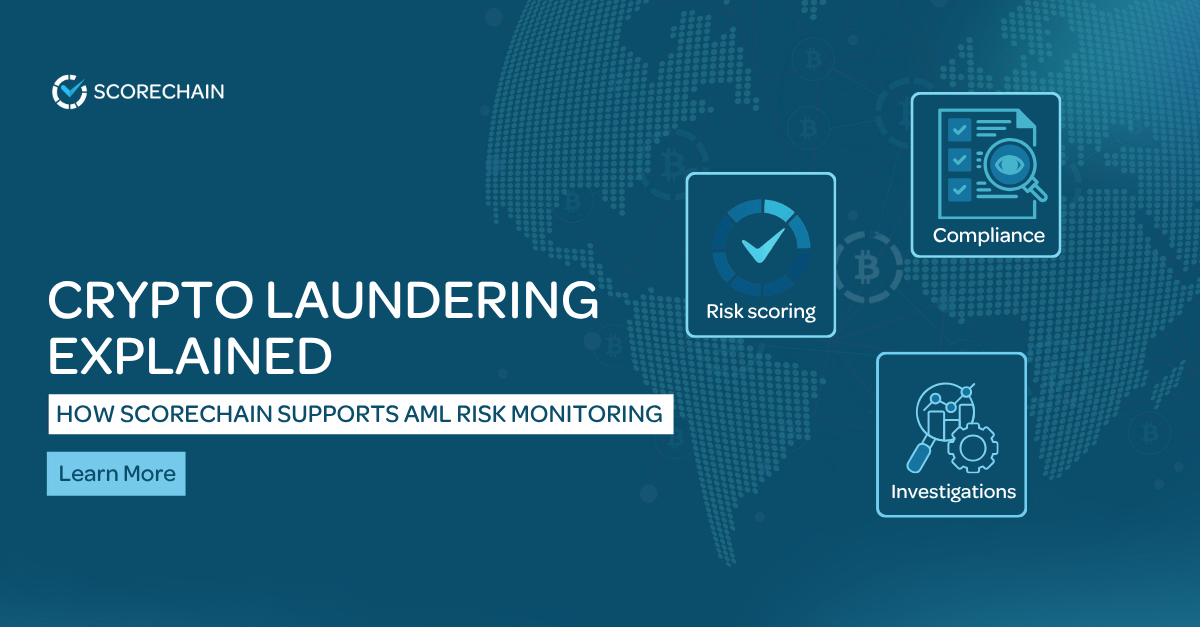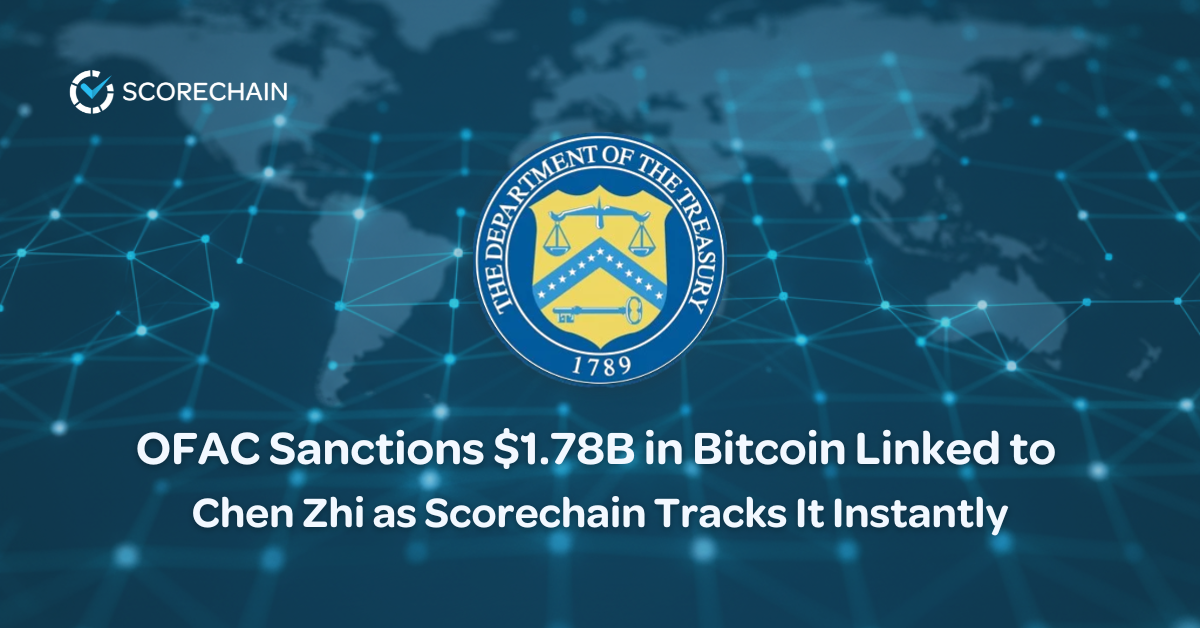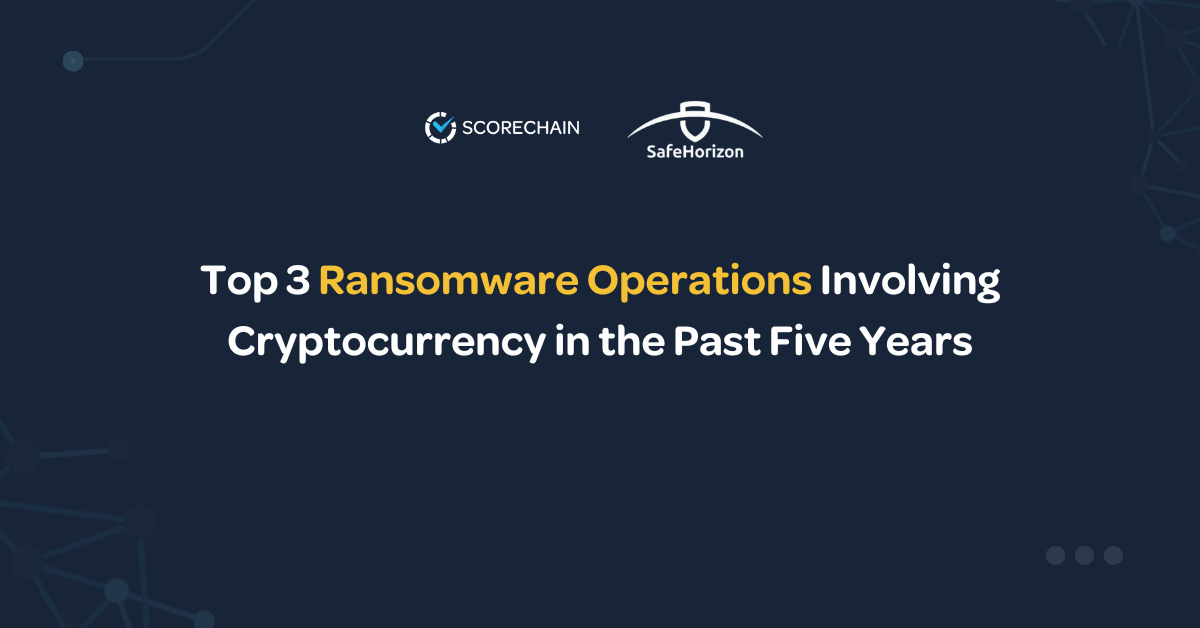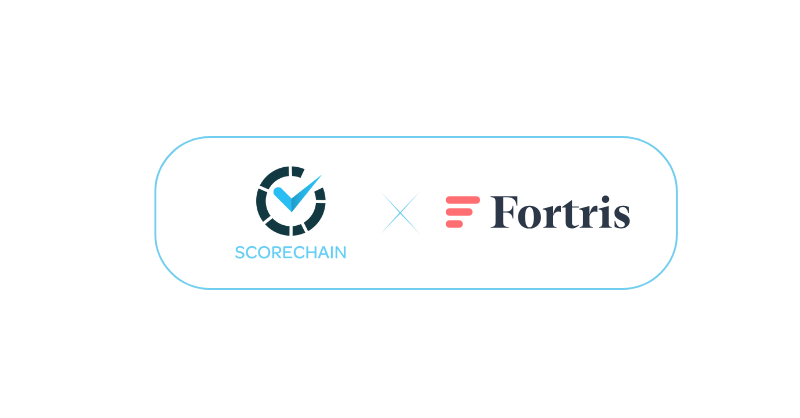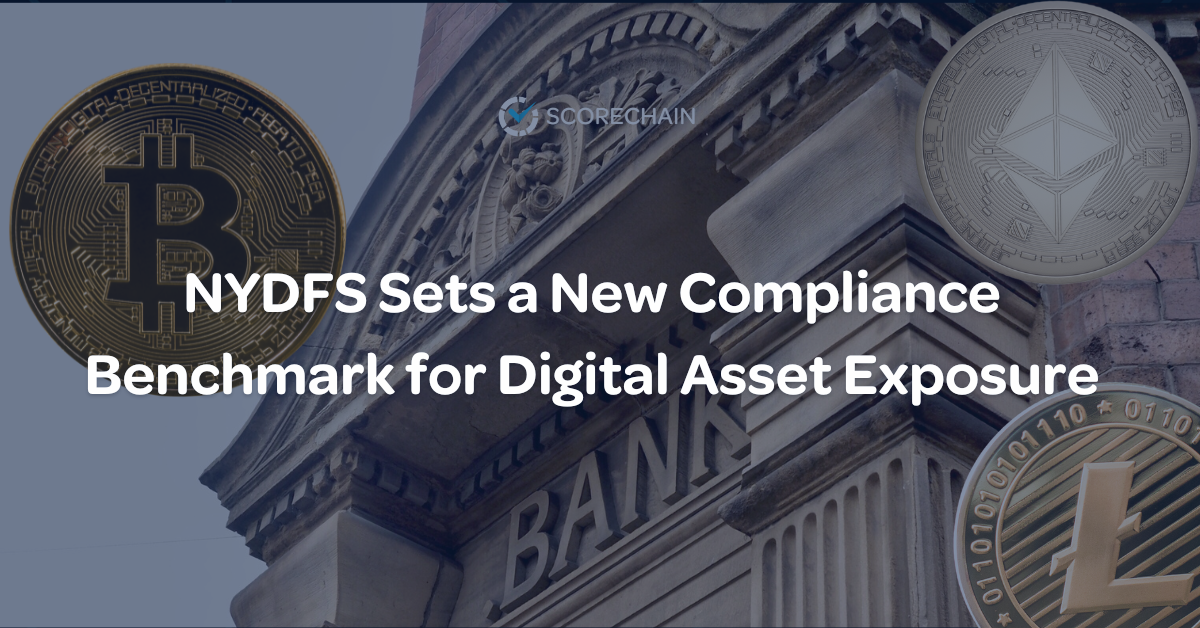TLDR
- DOJ charged 18 defendants for manufacturing and distributing counterfeit fentanyl-laced pills
- OFAC sanctioned Acosta Jonathan, Sayyed Sadiq Abbas Habib, and Sharma Rakesh, including two Indian nationals
- A Tron blockchain address tied to the sanctioned individuals was identified:
TDFtJtyLPgN3oWUoHh23oJox3T5V5nR11K - Compliance teams must strengthen crypto AML monitoring to avoid exposure to sanctioned addresses
Case Overview
The U.S. Department of Justice announced charges against 18 defendants in a scheme to manufacture and distribute counterfeit fentanyl-laden pills. The network operated through online pharmacies and relied on international supply chains to push illicit substances into the U.S. market.
In parallel, the U.S. Department of the Treasury’s Office of Foreign Assets Control (OFAC) updated its sanctions list to include three individuals connected to the operation:
- Acosta Jonathan
- Sayyed Sadiq Abbas Habib
- Sharma Rakesh
Both Habib and Sharma are Indian nationals, reinforcing the global scale of the network.
Tron Compliance Risk
Investigators also identified a Tron blockchain address connected to the sanctioned individuals:
TDFtJtyLPgN3oWUoHh23oJox3T5V5nR11K
This underscores the continued use of Tron and other blockchain networks by criminal organizations to move and launder funds, often in connection with illicit pharmaceuticals and narcotics trafficking.
Why This Matters for Compliance Teams
- Regulatory compliance – U.S. and global businesses must block transactions tied to sanctioned entities under OFAC rules
- Reputation risk – Direct or indirect exposure to sanctioned wallets can cause severe reputational damage
- Operational risk – Criminal actors are increasingly blending cryptoassets into illicit networks, requiring updated screening frameworks
Strengthening Crypto AML Compliance
To mitigate these risks, compliance teams should:
- Screen all addresses against the OFAC sanctions list, including Tron-based wallets
- Integrate blockchain analytics into transaction monitoring workflows
- Train AML staff to recognize high-risk typologies linked to illicit pharmaceuticals and narcotics
- Continuously update risk-based controls with blockchain risk monitoring insights
Conclusion
The OFAC action against two Indian nationals and their associates highlights the convergence of cryptoassets and illicit drug distribution networks. With a Tron address directly linked to sanctioned individuals, the case demonstrates the urgency for financial institutions and crypto businesses to strengthen crypto AML compliance programs.
Ongoing monitoring, sanctions screening, and blockchain analytics are essential for protecting organizations from regulatory exposure and reputational harm.
Book a Demo
Ensure your business is fully equipped to detect and block sanctioned entities.
See how our blockchain analytics and compliance solutions can help your team stay ahead of evolving regulatory requirements.
.png)

